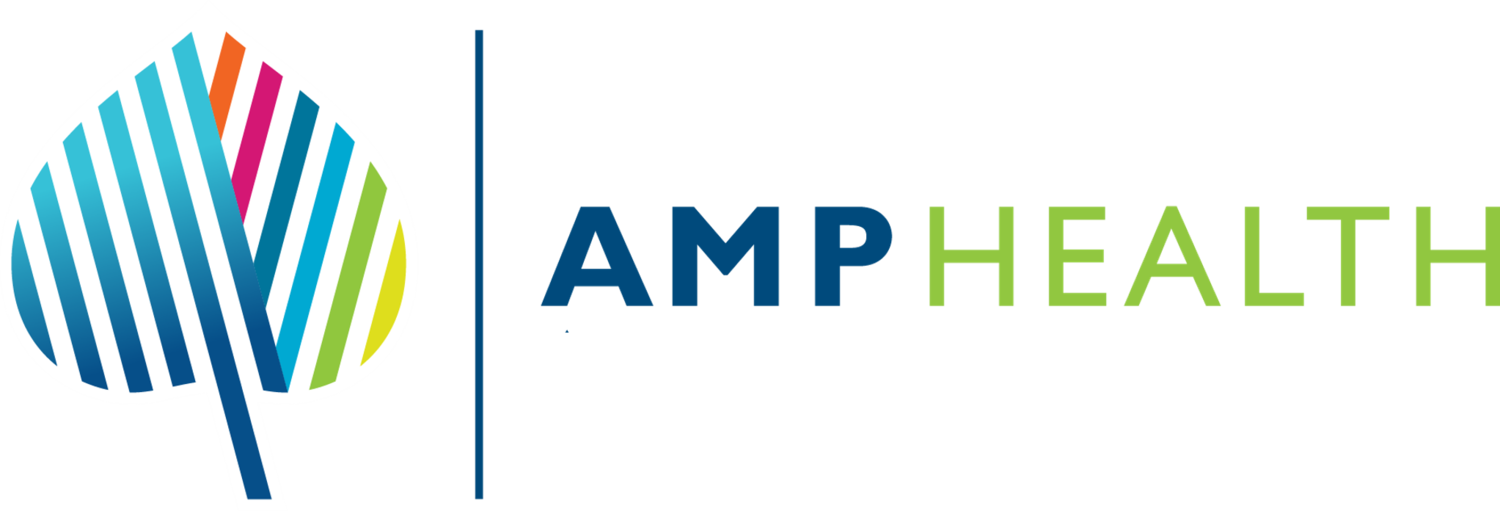How data collection in community health is paving the way for real change in Togo
There are over 8 million people living in Togo, West Africa, and yet if you asked, no one could tell you how many community health workers there are in the country.
We do not know where they live, what training they have received, or how much they are being paid. We do not know how old they are or how many people live in their households. We do not know how many patients they see or what conditions they are treating.
So how can governments, policymakers and supporting organisations make informed decisions that can influence real change within the healthcare system of the country?
Accurate data rooted in demographics, socioeconomics, and cultural traditions is more important than ever for planning how to allocate scarce resources, for identifying the health needs of a population, and for detecting early warning signs of emerging health emergencies that will improve health at a grassroots level.
An innovative community health worker mapping initiative aims to address this in Togo. The project was recently carried out by the Division of Community Health and the Elderly (or DSCPA, to give it its French acronym) with the support of AMP Health.
The project aims to describe the current landscape of community health workers, identify learning opportunities and make data available to anyone in the world developing solutions to health challenges in Togo.
Having partnered with the DSCPA since 2020, supporting the team in developing a range of technical, managerial and leadership skills, we understood the capacity building needs for the team to effectively roll out this complex project.
“The mapping project presented us with many opportunities to build the team’s skills because there were so many moving parts,” says AMP Health Management Partner Ramadane Hagne. “We had to do the initial research, design data collection tools, set up an electronic data collection platform, train data collectors, carry out the data collection, verify the data, and manage a team of interviewers.”
To date, the entire project has been carried out by the DSCPA team and the AMP Management Partner, without the need for any external consultants or service providers. This kept the project costs at a fraction of comparable mapping exercises, and the Ministry was able to cover 70% of the project costs themselves, with the remainder funded by AMP and Integrate Health (an NGO that works to expand access to healthcare in Togo).
This is rare, as Africa’s dependency on foreign funding for public health interventions often means that on-the-ground solutions and interventions are driven by people with limited knowledge of the lived experiences of the communities they are meant to serve. For this project, we equipped the DSCPA team with the skills carry out this mapping exercise in close partnership with community members, ensuring that the approach was culturally sensitive and relevant.
“AMP Health doesn’t have an agenda, so they gave the Management Partners the confidence to try new things with the team. It wasn’t easy, we tried and failed, but putting the Management Partner in the environment helped them learn,” says Ramadane.
The DSCPA managed a team of 85 data collectors who administered an 88-question survey to more than 11 400 community health workers. The result thus far form one of the richest datasets ever collected on such a large group of community health workers, and will provide invaluable insights that will help guide the future of the DSCPA programme and healthcare in the country more broadly.
“This project has shown us that knowledge is power,” says Moussa Caramlaye Bouraima, a DSCPA team member. “We know so much more than we did before. Now we can show partners where the issues are that need to be addressed.”
The data set has since been made available to health sector decision-makers, ministers and the government in Togo, and is already being used to inform planning and initiatives around the training of community healthcare workers across the country.
The project has also provided extremely valuable insights that have helped the Ministry of Health identify key areas for improvement. “We discovered that women only represent 20% of community health workers in Togo,” says Ramadane. “This was surprising, particularly considering child and maternal health needs. We are now aiming to have 50% of women and 50% of men.”
“We are also prioritising training in the four main diseases - malaria, diarrhoea, pneumonia, and malnutrition - that have caused the most deaths in children. We had assumed that most community health workers had training in all four, but we discovered that this is not the case, so we are pushing for much more training in those areas,” Ramadane adds.
Already proving to be an invaluable resource for the healthcare sector in Togo, we look forward to seeing this data being used to inform decisions that will lead to improved health outcomes across the country in the next few years.


